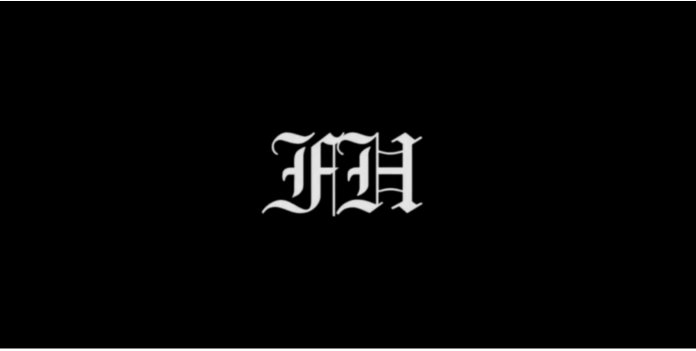Wednesday, Nov. 29, Henry Kissinger, former Secretary of State and chancellor at the College of William and Mary, passed away at the age of 100 at his home in Connecticut. Kissinger served as the College’s 22nd chancellor from 2000 to 2005.
“Henry Kissinger is part of a long tradition of global leaders who served admirably as William & Mary chancellor,” College President Katherine Rowe said in a statement to W&M News.
Born in Germany in 1923, Kissinger and his family fled to the United States in 1938 to escape Nazi Germany’s campaign to exterminate European Jews. After serving in World War II, Kissinger received a doctorate from and served on the faculty of Harvard University.
President Richard Nixon selected Kissinger as a national security advisor and his secretary of state. Kissinger continued serving in those positions under President Gerald Ford. Kissinger was instrumental in opening U.S.-China relations and designing U.S. foreign policy during much of the later 20th century, though his service did not come without controversy.
In an email to The Flat Hat, Chancellor professor of government Clayton Clemens discussed Kissinger’s “realpolitik” view of the world, which centered on great power conflict.
“Kissinger saw himself as schooling the U.S. in 19th-century European-style power politics,” Clemens said. “That put him at odds with any version of America First—isolationism, unilateralism, anti-Communist crusades—but also made him impatient with too much focus on international institutions, globalist ideals, peace as an end in itself, human rights or democratization. For him, prioritizing any of those aims would only get in the way of establishing and then maintaining an equilibrium among the world’s big powers, the key to stability.”
Clemens characterized Kissinger’s policies as having sometimes escalated too far to fit into his broader diplomatic designs, leading to unnecessary bloodshed.
“Kissinger also saw flaunting military power and waging war as a continuation of power politics,” Clemens said. “Even while recognizing that Vietnam was a misbegotten enterprise, he pressed to continue and even at times escalate America’s role as part of his broader diplomatic design, at a cost in lives on all sides. Moreover, to him, the sovereignty and internal politics of smaller, less powerful countries did not matter, and if they got in the way of his larger aims, he could be cutthroat: there are those who will never forgive the policies he pursued in Chile, Southern Africa, Indonesia, South Asia, Cambodia and elsewhere.”
After the board of visitors voted to install Kissinger as chancellor in May 2000, students protested his formal installment and first public appearance at the College. In Feb. 2001, students at the College protested his keynote address at the Charter Day ceremony.
The students who picketed the ceremony protested Kissinger’s foreign policy decisions, including his role in directing the carpet bombing campaigns of the Vietnam War and his support for the installment of the Pinochet regime in Chile, as well as the board of visitor’s decision to install Kissinger without input from students or faculty.
A number of teach-ins were held on campus before and after his installment as chancellor, including one in which British author and journalist Christopher Hitchers debated historian George Herring on the legacy of Kissinger and his policy decisions during the Vietnam War.
“No one man, certainly no one who was not President, has ever wielded so much direct control of US foreign policy,” Clemens said.
In her commemorative statement, Rowe emphasized her gratitude for Kissinger’s service as chancellor.
“We are thankful for Sec. Kissinger’s service as our 22nd chancellor,” Rowe said.
Kissinger is survived by his wife, two children and five grandchildren. Following his memorial service in New York City, he will be buried in Arlington National Cemetery.





























